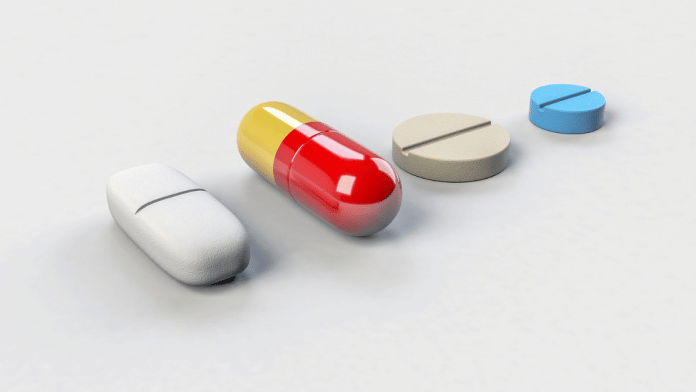New Delhi: Cravings for drugs and food may be worlds apart but both involve a similar brain pattern or neuromarker, says a new study published in Nature Neuroscience.
Dubbed as the ‘Neurobiological Craving Signature’ (NCS) this brain pattern can track the degree of craving and, more importantly, differentiate drug users from non-users.
According to researchers Leonie Koban, Tor Wager and Hedy Kober, the discovery of NCS is “an important step toward a diagnostic neuromarker of substance abuse”. NCS can also help predict relapse into drugs, unhealthy eating habits and weight gain.
For the study, researchers used functional magnetic resonance imaging (fMRI) data — which offer insight into brain activity — and self-reported analysis of craving from 99 people. The data was collected while the participants were shown images of drugs and highly-palatable food.
The scientists then identified a pattern of brain activity that could be used to predict the intensity of craving for drugs and food.
Common neural pattern
The basis of this study lay in what the authors called “an important debate” — whether drug and food cravings were based on similar brain processes.
“If drug and food cravings are driven by shared brain processes, then drug craving should be predictable based on a pattern that is trained to predict food craving, and food craving should be predictable based on a pattern that is trained to predict drug craving—at least in drug users,” the authors said.
But if cravings for drugs and food are based on different brain processes, a better way to understand addictions would be to study “drug-specific” and “food-specific” brain patterns.
The researchers said they tried to find “whether food craving could be predicted based on a pattern trained on drug data only and vice versa”.
It was found that food-related cravings could be observed through drug data, but with questionable accuracy. However, drug data alone did not reveal much to predict a craving for drugs either.
Instead, what the authors found worked was a combination of food and drug data to accurately predict cravings, supporting the idea of a common neural process called NCS.
Also read: NASA’s InSight rover prepares to join Mars’s robot graveyard — ‘may be last image I send’






